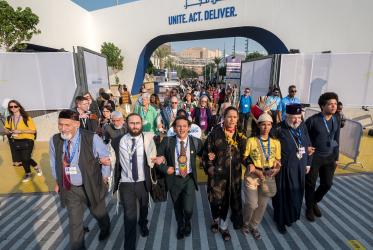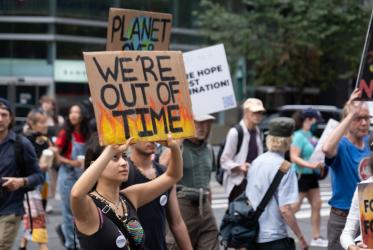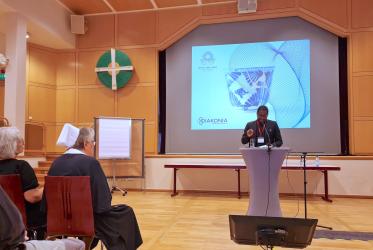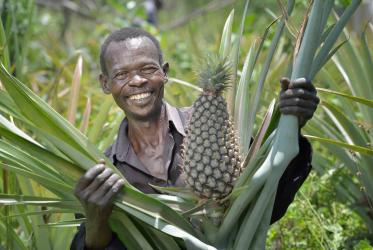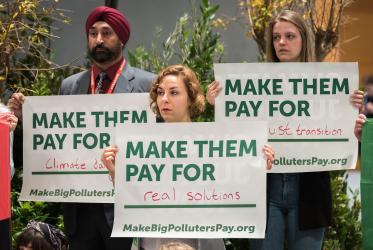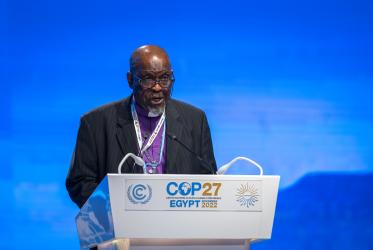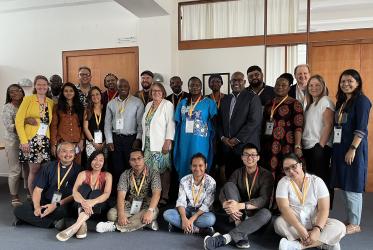Displaying 1 - 20 of 148
What can churches do to prevent modern slavery?
22 February 2024
Ahead of Her Time
Pan-African Women of Faith and the Vision of Christian Unity, Mission, and Justice
01 November 2023
WCC among “movers and doers” at UN Climate Ambition Summit
20 September 2023
The earth is the LORD's… and the Lord is claiming it back
07 September 2022
GEM School grounds economic justice biblically
06 July 2022

